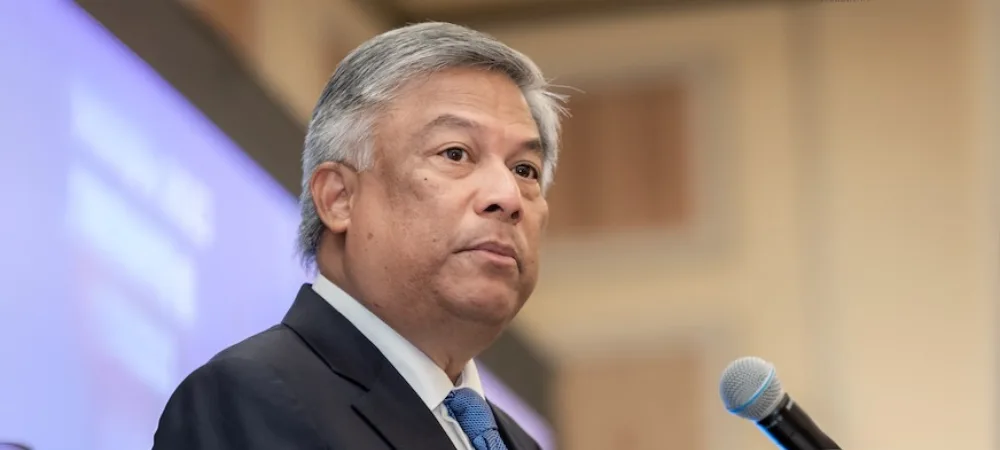In a recent interview with Asia Gaming Brief at the International Casino Exhibition in London, Alejandro H. Tengco, Chairman and CEO of PAGCOR, conveyed a clear message. The Philippines is open for business and poised to act as a reliable hub for operators worldwide.
His statement coincided with the Philippines’ gambling regulator unveiling impressive results for the preceding year. It showcased a remarkable surge of over 90 percent in online gaming activities in 2023 compared to the prior year.
The eGaming sector includes e-games, e-bingo, specialty games, and sports betting. This segment amassed revenues totaling PHP 58.16 billion. It marked a substantial 92.32% surge from previous earnings.
Furthermore, over 1,000 E-Gaming sites received licensing in the Philippines in 2023. The regulator anticipates sustaining this momentum. It forecasts revenues of PHP 61.75 billion for the E-Games sector in 2024.
During the Asia Round Table discussions at ICE London, Chairman Tengco underscored a key point. The Philippines presently stands as the sole Southeast Asian country regulating online gambling. He emphasized the country’s significant strides in enhancing the sector’s reputation.
Addressing previous concerns regarding POGOs and their potential involvement in illicit activities, PAGCOR has intensified efforts to resolve these issues.
Since 2023, over 250 previous Master and Sub-Licensees under the earlier POGO scheme have been required to reapply. This process has resulted in the current number of licensees standing at 75.
Despite the reduction in numbers, Tengco noted an increase in revenues. This outcome underscores the benefits of balanced regulation.
To foster further growth, PAGCOR is reducing fees. The goal is to incentivize operators to seek official government approval for their operations. This strategy helps diminish the allure of illegal and unlicensed activities.
PAGCOR’s approach yields dividends not only within the Philippines but also garners attention from neighboring nations. Chairman Tengco revealed that a delegation from Cambodia approached him during the event. They sought to explore effective methods for regulating both land-based and online gambling.
When asked if the Philippines is emerging as a leader in cleaning up and regulating gambling, Tengco concurred. He asserted the country’s prominence in Asia in terms of robust regulation of online and overseas gaming licenses.
Regarding efforts to tackle unlicensed online operators, Tengco indicated a novel strategy. Instead of solely blocking websites, PAGCOR will target the game suppliers used by such operators.
He stated, “I have already instructed the head of the electronic gaming licensing department to address this matter. I anticipate their presentation on how to regulate all game providers or service providers supplying games to our licensees.”
“I think it will be a different model,” Tengco added. “We will continue to encourage investment in integrated resorts that offer a lot of things, not just gaming.”
“If Macau is gearing towards non-gaming as they were saying, I think ours will be a combination.”
Tengco encouraged investors to consider the Philippines as a prime location for both online and land-based ventures.
When queried about the possibility of mirroring Macau’s emphasis on non-gaming activities in the future, he outlined a distinct approach. He highlighted a focus on integrated resorts offering diverse experiences, not solely gaming.
PAGCOR has recently excelled at retaining quality licensed operators. This performance, in turn, gives players the confidence to trust licensed online gaming sites.
It also makes deposits and withdrawals easier and more secure.
A well-regulated gaming industry plays a crucial role in deterring illegal operators. It helps instill market confidence among the regulator, operators, and players alike.












